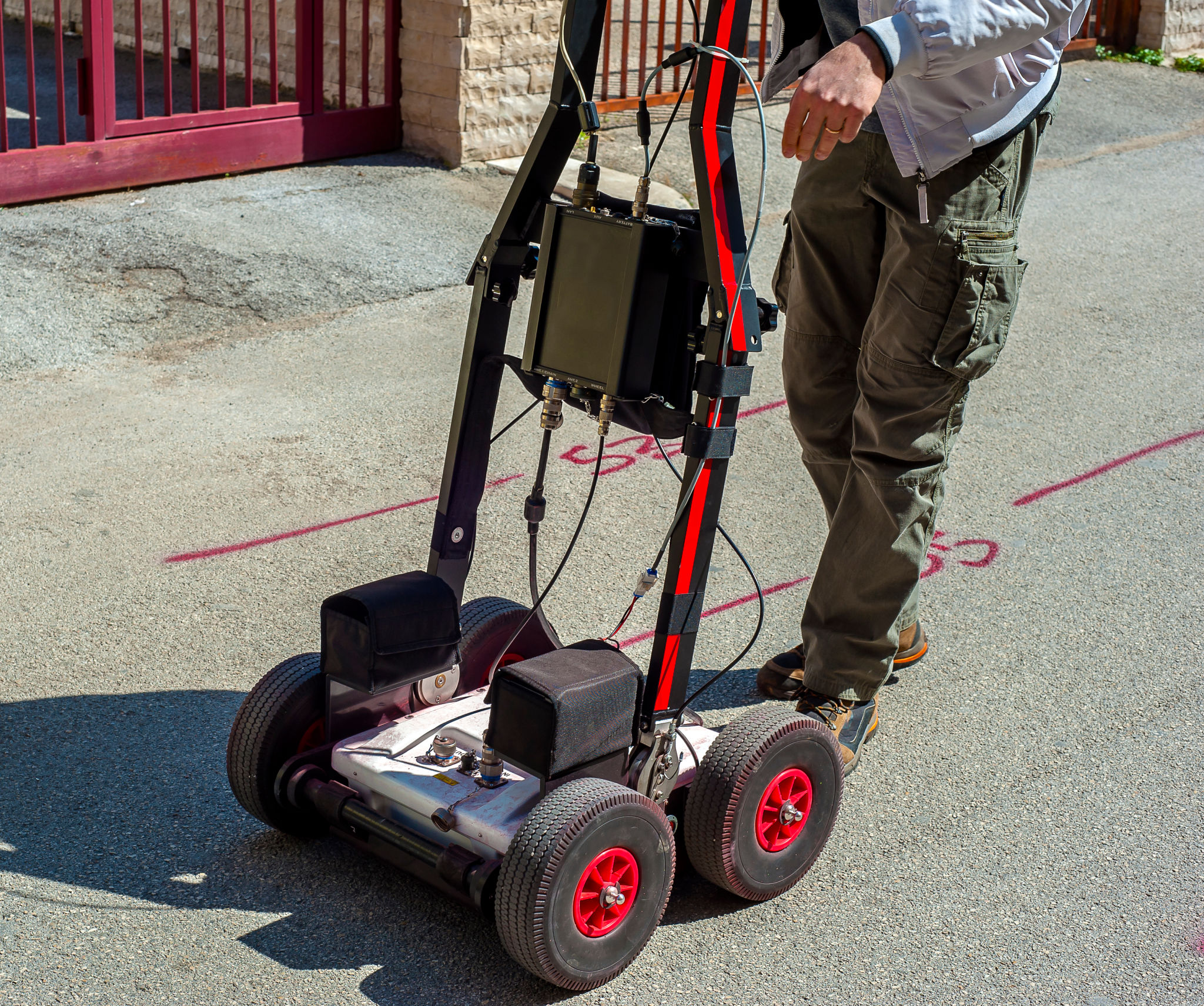Debunking Common Myths About Underground Utility Mapping
Understanding Underground Utility Mapping
Underground utility mapping is an essential process for construction, renovation, and development projects. It involves the detection and mapping of subsurface utilities such as water pipes, electrical cables, gas lines, and telecommunications. Despite its importance, several myths surround this practice, leading to misunderstandings and potential project delays.

Myth 1: Underground Utility Mapping Is Unnecessary
One common myth is that underground utility mapping is unnecessary if there are existing maps or records. However, relying solely on outdated or inaccurate records can lead to disastrous results. Subsurface conditions often change over time due to new installations, repairs, or environmental factors. Therefore, conducting a thorough utility mapping survey provides the most up-to-date information and helps avoid costly mistakes.
Myth 2: It's Only for Large-Scale Projects
Another misconception is that underground utility mapping is only required for large-scale projects. In reality, any project that involves digging or excavation can benefit from a detailed utility survey. Whether it's a small residential renovation or a major commercial development, understanding the underground layout is crucial for safety and efficiency.

Myth 3: Utility Mapping Is Too Expensive
The notion that utility mapping is prohibitively expensive deters some from utilizing this service. However, the cost of not mapping utilities can be far greater. Striking an unmarked utility line can result in significant repair expenses, project delays, and even legal issues. Investing in precise utility mapping can save money in the long run by preventing these costly incidents.
Myth 4: It's a Simple Process
Some believe that underground utility mapping is a straightforward task that anyone can perform. In reality, it requires specialized equipment and trained professionals to accurately detect and map utilities. Technologies such as ground-penetrating radar (GPR), electromagnetic locators, and GPS are used to ensure precise results. The expertise of skilled technicians plays a critical role in interpreting data accurately.

Myth 5: All Mapping Services Are the Same
Not all underground utility mapping services are created equal. The quality of service can vary significantly between providers. It's essential to choose a reputable company with a proven track record of accuracy and reliability. A thorough review of their methodologies, technologies used, and customer testimonials can help in making an informed decision.
The Importance of Accurate Mapping
Accurate underground utility mapping is indispensable for any construction or excavation project. It not only ensures the safety of workers but also protects the surrounding community from potential hazards. By debunking these myths, stakeholders can appreciate the value and necessity of precise utility mapping.
In conclusion, understanding the realities of underground utility mapping helps in making informed decisions for project planning and execution. Don't let misconceptions stand in the way of ensuring safety and efficiency in your next project.
